 background
background
EU-US summit Brussels and Biden – the sticking points
Status: 15.06.2021 2:04 p.m. Subsidies, punitive tariffs or relations with Beijing – the European Union and the USA are still fighting over a whole range of explosive problems after the change of power in Washington. An overview. The United States and the European Union are clearly trying to improve their relations again after the Trump presidency. Disputes in economic and geopolitics have been simmering for years. The new US President Joe Biden is as tough on some issues as his predecessor Donald Trump. On other questions, however, he showed a willingness to compromise in advance. When he meets EU leader Ursula von der Leyen today, these issues will be the main focus:
Subsidy dispute over Airbus and Boeing
For 17 years, the EU and the US had been fighting because they accused each other of improperly subsidizing their aircraft manufacturers Airbus and Boeing. Since Biden took office, there was a kind of armistice until July 11th. In the run-up to the summit, both sides had hoped to be able to resolve this dispute. In fact, the EU and US reached an agreement at today’s meeting. There is a breakthrough on the subject, said EU Commission President von der Leyen. This will open a new chapter in relationships – with cooperation instead of legal disputes. During Trump’s tenure, the United States had received permission from the World Trade Organization (WTO) to impose punitive tariffs of $ 7.5 billion on goods and services from the EU. Airbus aircraft were subject to a tax of 15 percent. A year later, Brussels also received WTO approval to impose punitive tariffs on US imports totaling four billion dollars.
Planes, cheese, wine US punitive tariffs on EU imports come into effect As of today, the US government will impose additional punitive tariffs on imports from Europe.
Punitive tariffs on steel and aluminum
At the meeting between Biden and the EU leaders, the trade conflict over steel and aluminum will also come on the table. The commission hopes that the guest from Washington will agree to lift the punitive tariffs of 25 percent on European steel exports to the USA by December 1st. After Trump was voted out of office, Brussels decided not to raise its tariffs on whiskey, jeans or Harley-Davidson motorcycles as planned on June 1. Now it is up to the USA to turn words into deeds, says Deputy EU Commission President Valdis Dombrovskis. Trump had accused the EU of unfair trade practices and imposed punitive tariffs on imports in this area in June 2018. As a result, European steel exports to the USA rose by 25 percent and exports of aluminum by ten percent.
Dispute over aircraft construction subsidies EU and USA suspend punitive tariffs The mutual special levies were introduced in the dispute over aircraft construction subsidies.
Digital tax and data security
Brussels also sees a need for discussion regarding the taxation of digital content from US technology companies such as Google, Apple, Amazon and Facebook. The EU accuses companies of skilfully shifting their sales and profits to avoid tax payments in the EU. A Europe-wide tax for digital corporations has therefore been discussed in the EU for years. France and other EU countries have already introduced national digital taxes. In the meantime, both sides within the Organization for Economic Co-operation and Development (OECD) have agreed to start negotiations on the taxation of digital content. Brussels and Washington are also looking for a new agreement to enable the exchange of personal data from the EU to the US. This is important for the business models of the US digital corporations. The European Court of Justice overturned the so-called Privacy Shield Agreement last year because it did not adequately protect European data from access by US authorities and secret services.
Controversial digital tax France wants to cash in for the first time This threatens to reignite the dispute between France and the USA over the tax.
Further consideration for Nord Stream 2?
The German-Russian gas pipeline Nord Stream 2, which is supposed to double the capacity of Russian deliveries through the Baltic Sea, could also cause some tension at the meeting. She wasn’t just a thorn in Trump’s side. Biden also rejects the almost finished project – but obviously does not want to jeopardize the transatlantic partnership, which has just recovered. The US fear that Moscow has a means of political leverage in the pipeline. The planned start of Nord Stream 2 was delayed by US sanctions under Trump. In a gesture to Berlin at the end of May, Biden’s government decided not to impose sanctions on the operating company Nord Stream 2 AG and its German managing director. Washington wanted to create space for talks with the federal government.
Nord Stream 2 How Biden puts Germany under pressure By suspending the sanctions against the Nord Stream 2 operator, US President Biden Germany is accommodating.
Relations with China
As far as relations with China are concerned, things seem to have calmed down a bit. The fact that the EU reached an investment protection agreement with Beijing without waiting for Biden’s inauguration to coordinate with the new US president was clearly disapproved in Washington. There one expects more support from the Europeans against the Chinese rival. The EU has since put the deal with China on hold and is unequivocally opposed to unfair trade practices and human rights abuses. After the EU imposed sanctions on the situation of the Muslim Uyghur minority in the Chinese province of Xinjiang, Beijing responded with sanctions against EU politicians and scientists. The European Parliament then refused to ratify the agreement. With information from Matthias Reiche, ARD-Studio Brussels
Cyberattacks EU imposes sanctions on hackers The European Union has imposed sanctions against several hackers from Russia and China for the first time.

























































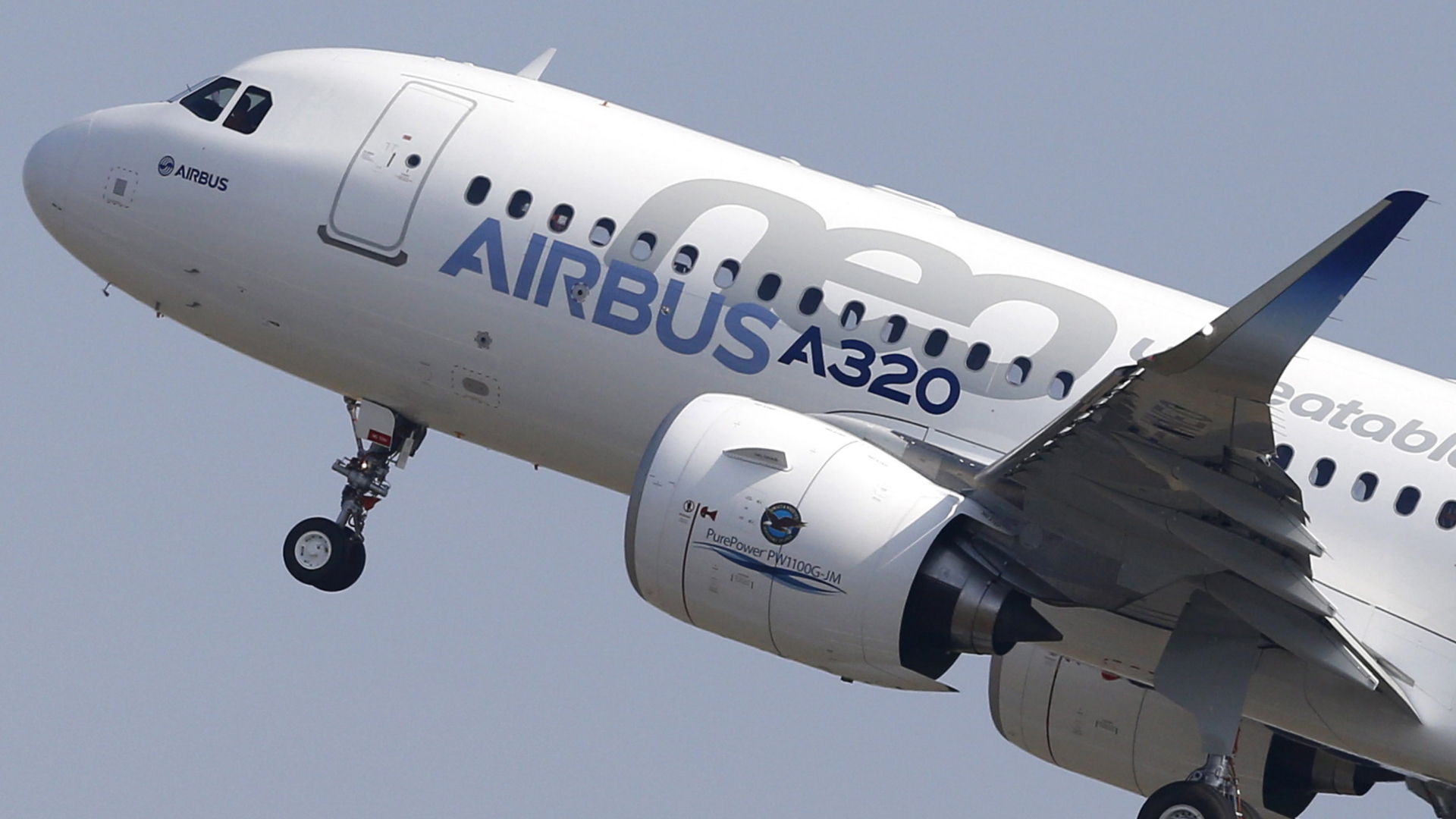 October 18, 2019
October 18, 2019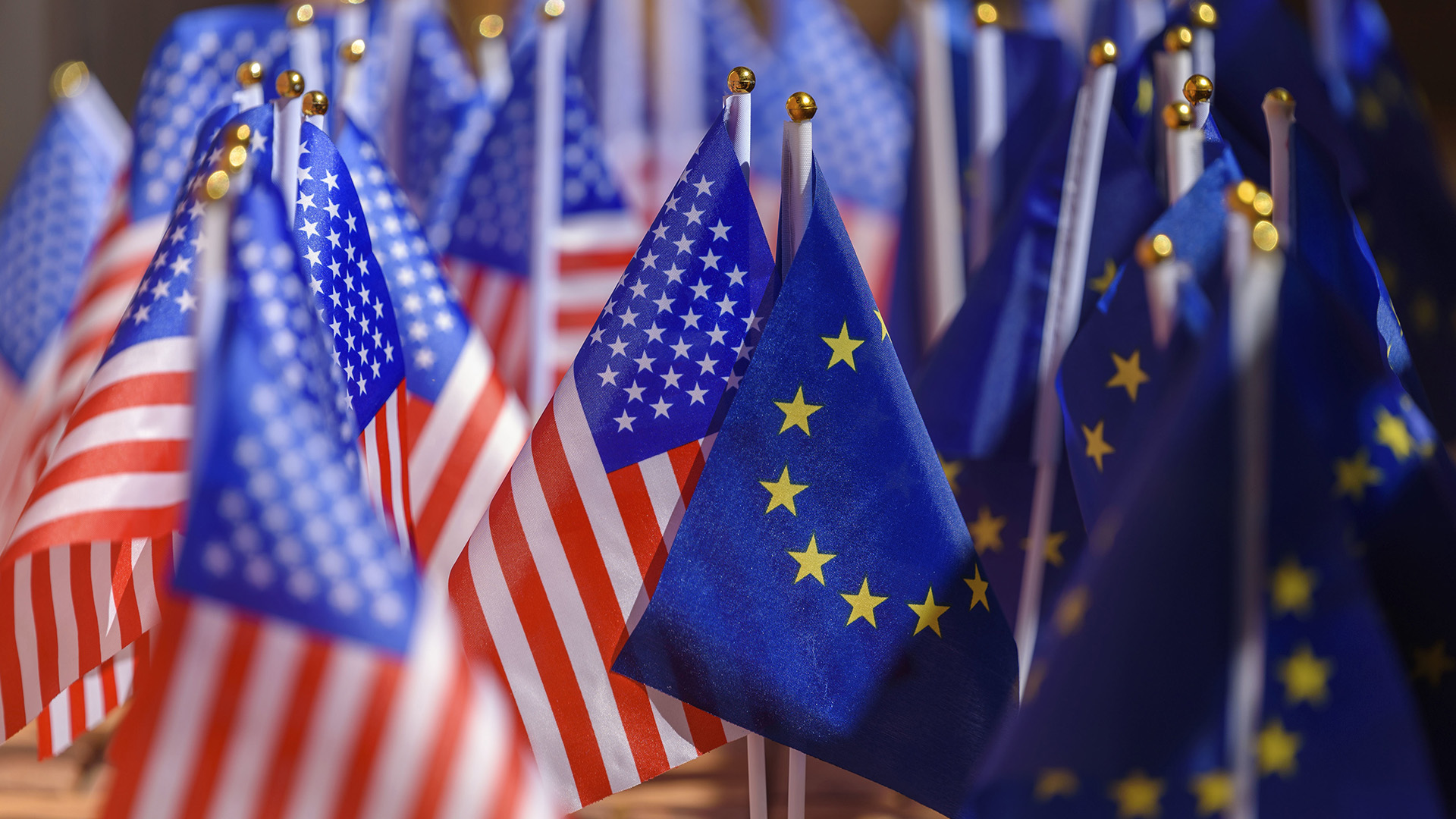 05.03.2021
05.03.2021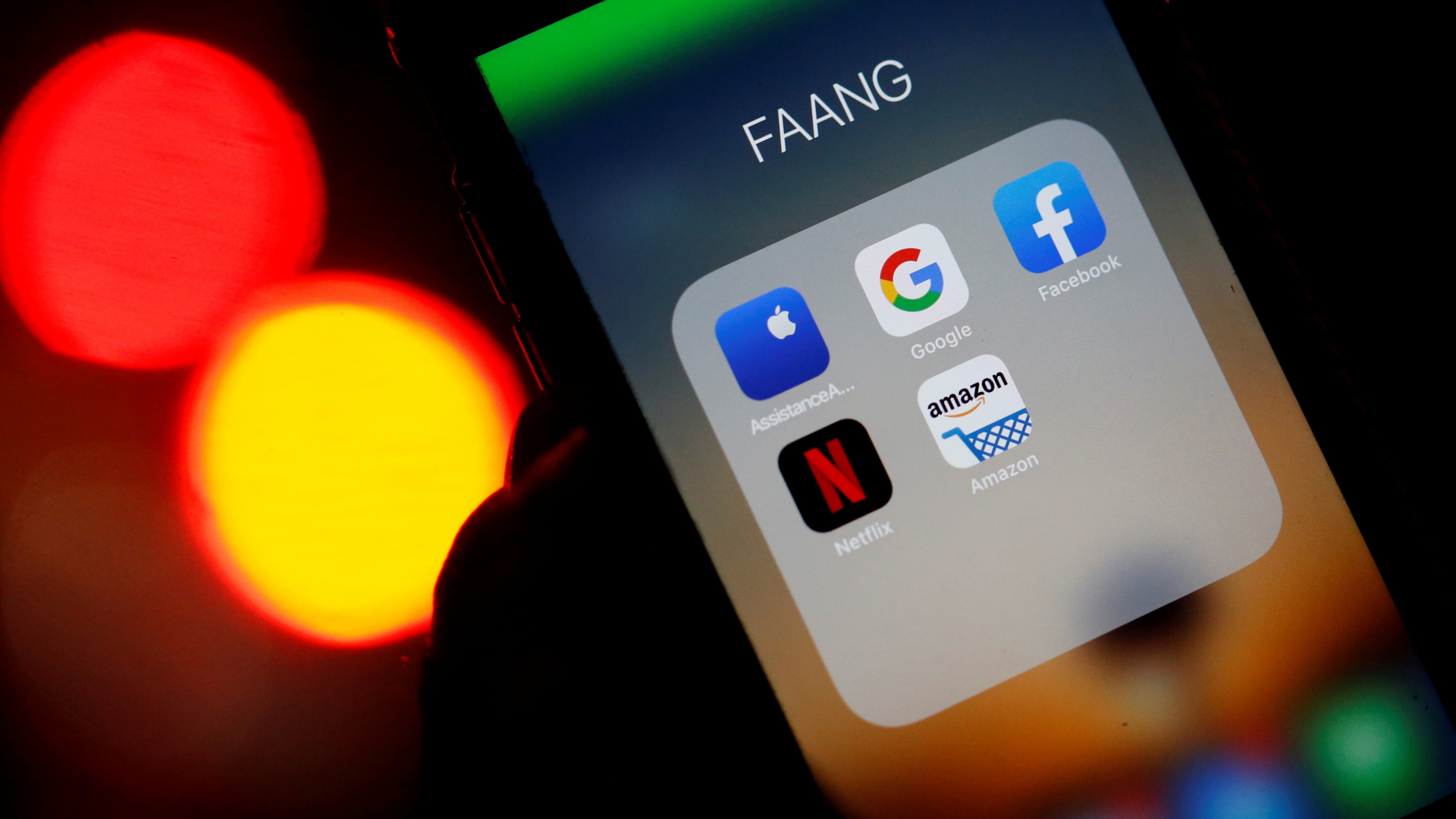 11/25/2020
11/25/2020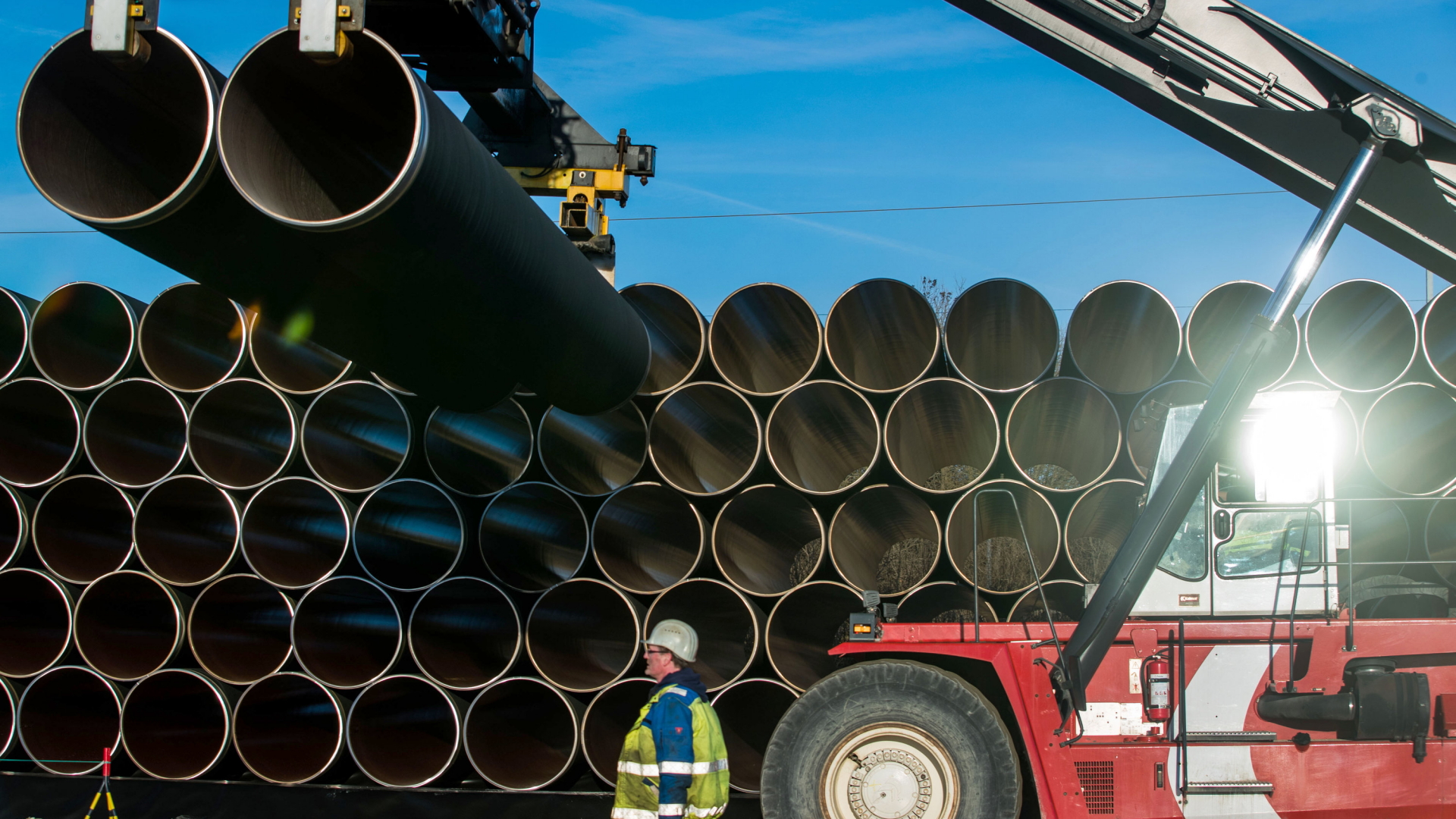 analysis 05/20/2021
analysis 05/20/2021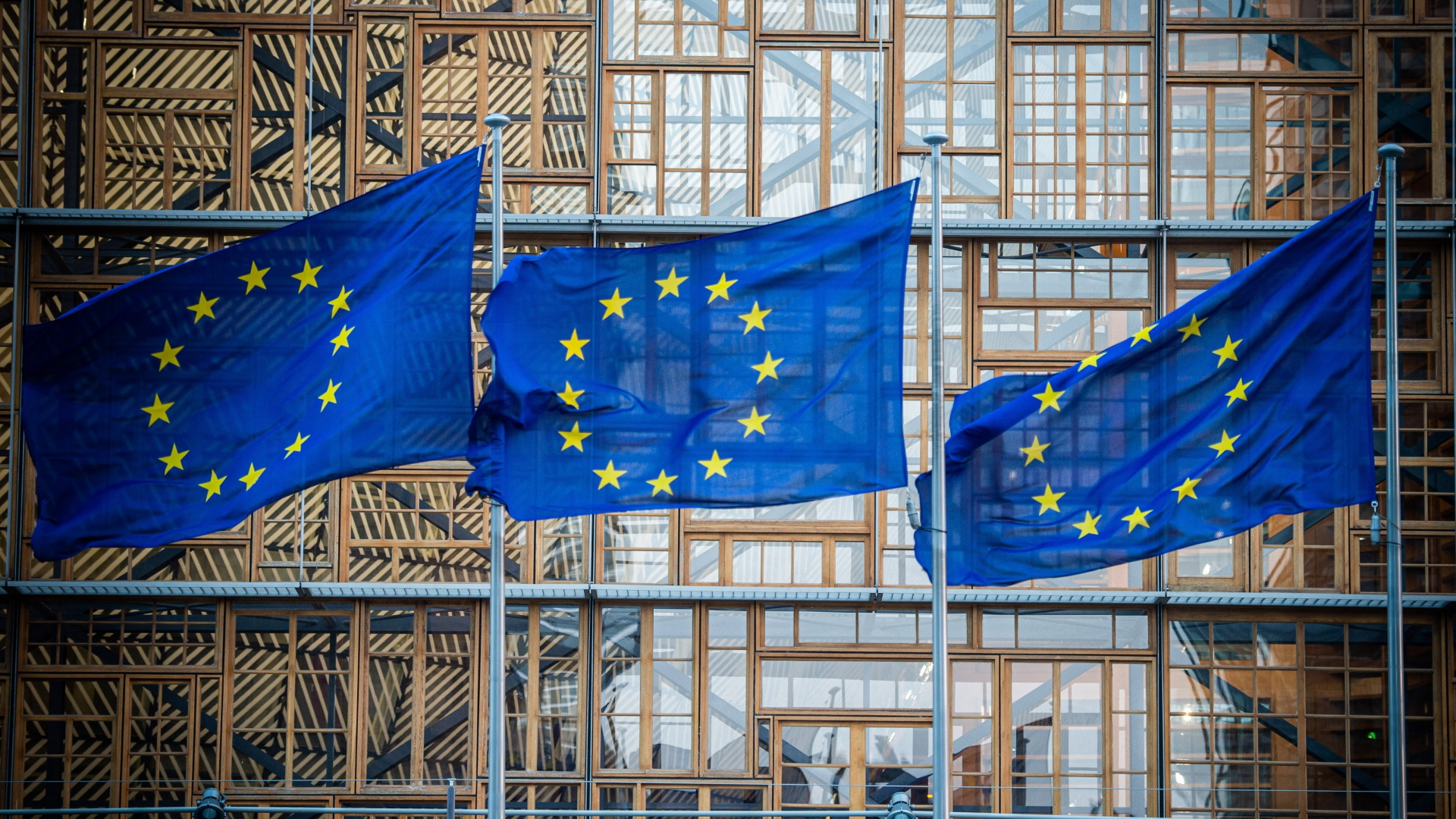 07/30/2020
07/30/2020



You must log in to post a comment.